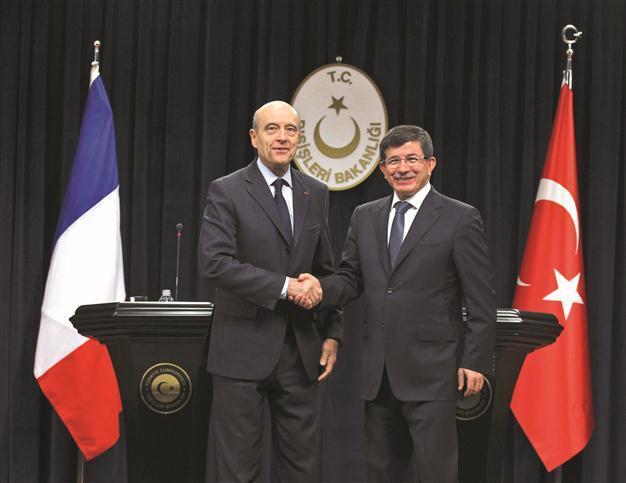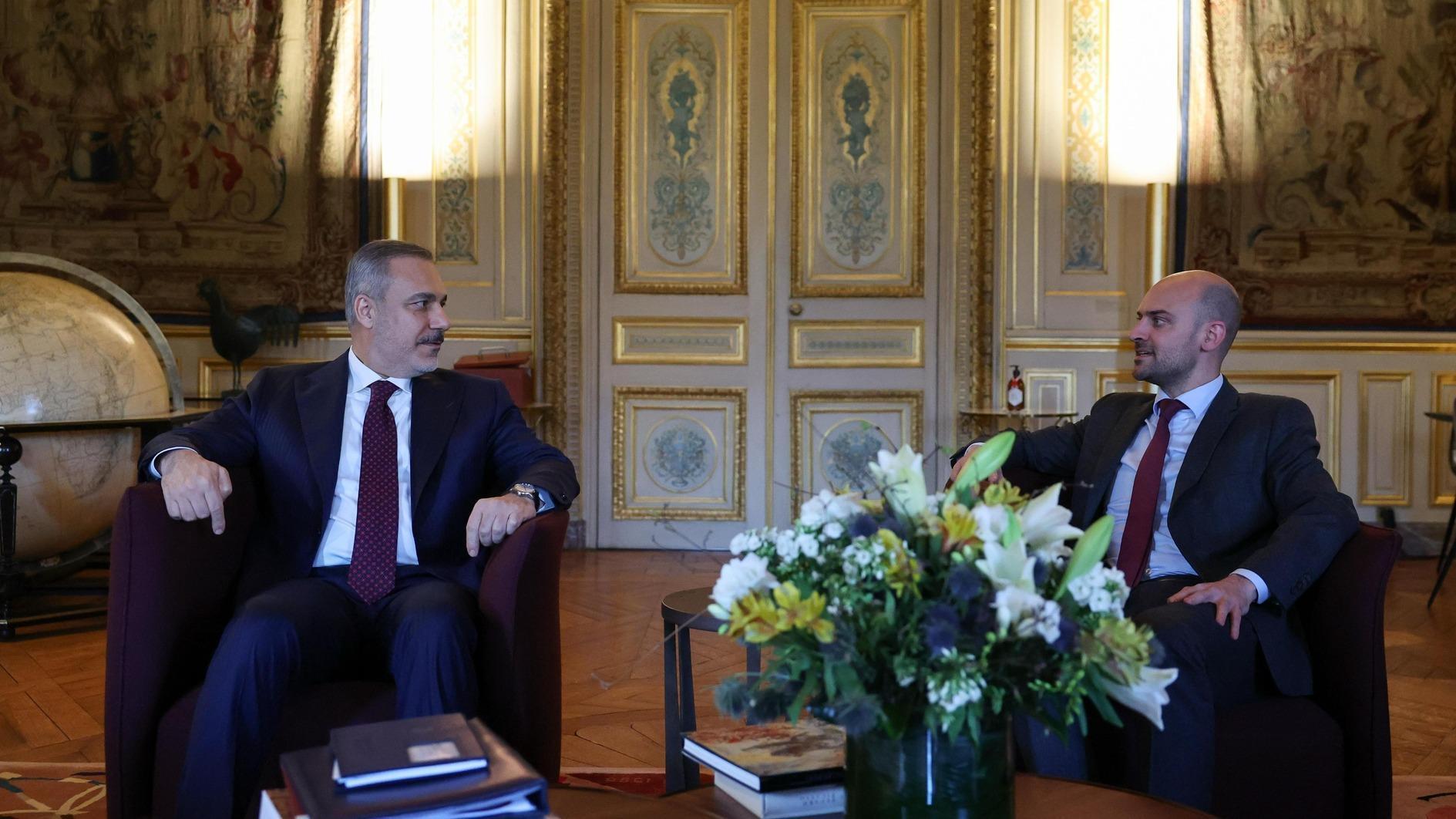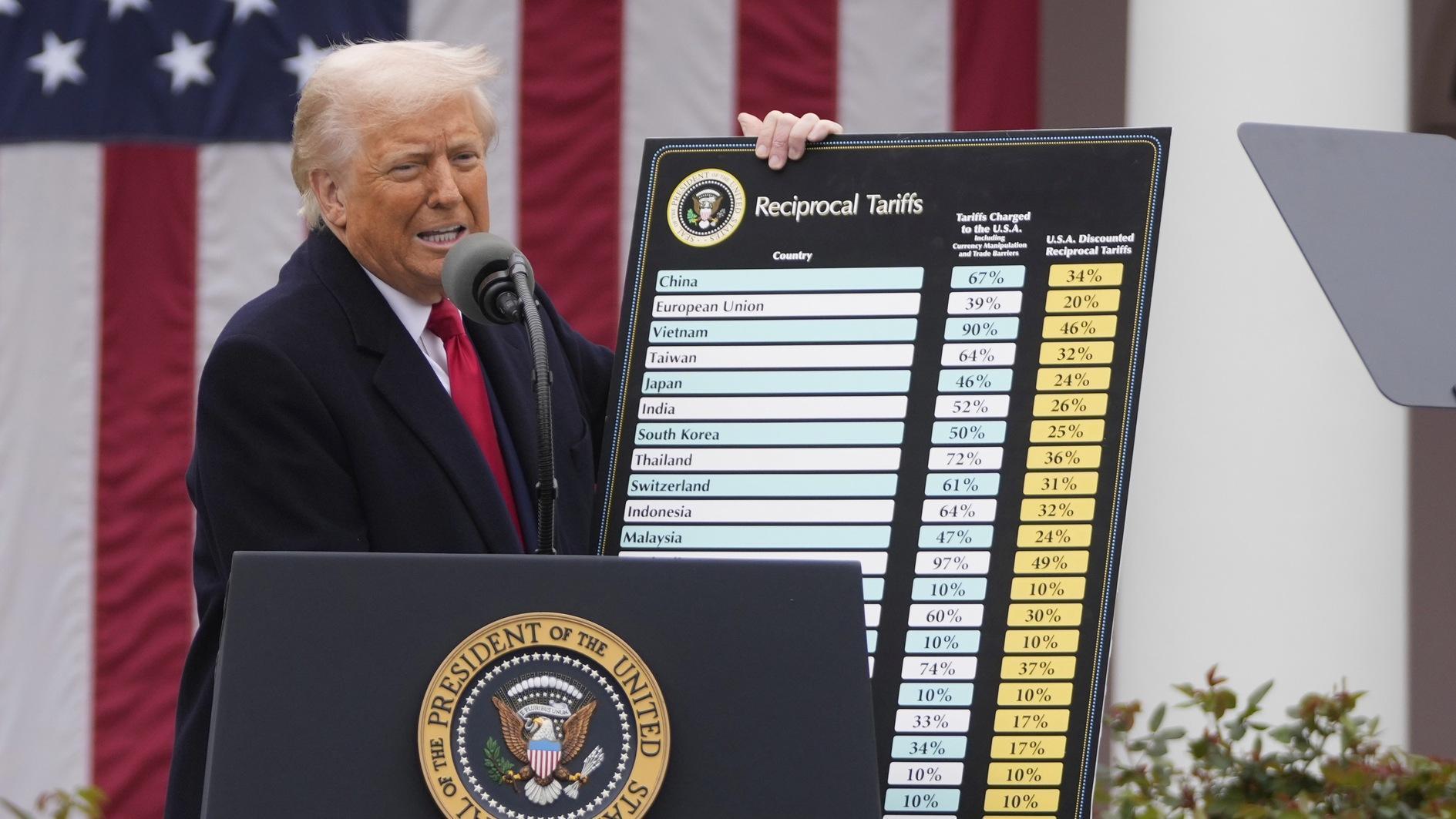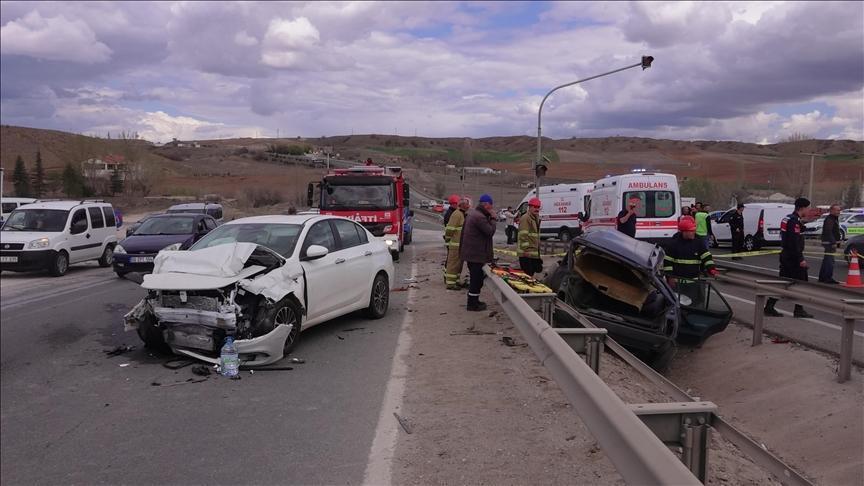Turkey, France attempt to form Syria aid corridor
ANKARA

French FM Juppe (L) and Turkish FM Davutoğlu shake hands in this file photo. Juppe says ‘the humanitarian corridors should be discussed at the Security Council.’ AP photo
Turkey, in collaboration with the Arab League, is working on an action plan on Syria, including the Tunisia conference and the establishment of a U.N. humanitarian corridor into Syria, Turkish Foreign Minister Ahmet Davutoğlu said.Following the international conference in Tunisia the humanitarian issue will be taken to the United Nations, Davutoğlu said yesterday in a joint press appearance in Ankara with Bakir Izetbegovic, a Bosniak member of the Presidency of Bosnia and Herzegovina.
“I believe the Tunisia meeting will produce a very strong message which will express solidarity with Syrian people and also a warning for the Syrian regime,” Davutoğlu said.
The Syrian issue would continue to be debated at the U.N. after the Tunisia Friends of Syria meeting, which will take place Feb. 24. The meeting’s aim is to gather together countries seeking a joint position to end violence in Syria. “The U.N. should take action to help with the Syria issue not only in political aspect but also in humanitarian aspect,” the minister said.
As Ankara launched efforts to enable humanitarian aid to Syrian people through “humanitarian
corridors” in Turkey, enabling NGOs to reach people caught up in the brutal crackdown on pro-democracy protests, Turkey and France lobbied for aid deliveries at the U.N. and rallied allies on pressuring the Syrian regime at the Friends of Syria meeting.
France: Humanitarian corridors would need UN mandate
France said yesterday it wanted the U.N. Security Council to set up humanitarian corridors in Syria and was negotiating with Russia on a new U.N. resolution on the conflict.
“The idea of humanitarian corridors that I previously proposed, to allow NGOs to reach the zones where there are scandalous massacres, should be discussed at the Security Council,” Foreign Minister Alain Juppe told France Info radio.
Under the French plan, humanitarian corridors would link Syrian population centers to the frontiers of Turkey, Lebanon or Jordan, to the Mediterranean coast or to an airport, Reuters reported.
Juppe has said the zone could be protected by armed “observers,” but has ruled out direct military intervention.
A diplomatic source said a U.N. resolution would be needed to create the corridors, but who would protect it, be it peacekeepers or unarmed observers, was still to be assessed. Financing of such an operation would depend on its form.
Juppe was set to discuss the plan with Lavrov in Vienna today. But Russia, which has already joined China in vetoing two Security Council resolutions on Syria, was firm in its stance on Syria. Russian Foreign Minister Sergei Lavrov said his country could not support using the U.N. body to “help legitimize” regime change in Damascus. Lavrov was non-committal when asked whether Russia supported such a plan. “It’s impossible to answer such questions without having language [details] in your hands,” he told reporters.
Turkish Red Crescent readies for more Syrian migrants
The Turkish Red Crescent has stockpiled food, tents and other supplies in Hatay for a possible influx of Syrian refugees and is ready to help people inside Syria, the agency’s chief Ahmet Lütfi Akar said. He added, however, that they received no instructions from the government so far for a cross-border humanitarian mission.
There are currently 10,000 Syrian refugees in six tent cities in Hatay who will be transferred to housing container camps in neighboring Kilis, Akar said, saying the tents would not be dismantled against the possibility of a fresh exodus from Syria.
“We have set up also warehouses stocked with food, beverages and clothes in case of a large migration,” he said, adding that factories continued to manufacture tents as the stocks were drained also by the earthquake in Van.
“The Red Crescent is ready to help also those inside Syria who are in need because of the conflict. We are capable of carrying out any humanitarian assistance mission,” Akar said. If an intervention takes place in Syria, humanitarian aid efforts would be conducted in cooperation with the United Nations and the Red Cross. “The intervening countries must collaborate in these efforts,” he said.
New charter to end Baath rule
A new Syrian constitution to be voted on later this month effectively puts an end to nearly five decades of single Baath Party rule, according to the text. The proposed constitution, which will be put to a vote on Feb. 26, does away with Article 8 of the old charter which declared the Baath Party, in power since 1963, as the “leader of the state and society.” The draft constitution would establish a multi-party system in Syria. Amendments to Syria’s constitution once were a key demand by the opposition at the start of the country’s 11-month-old uprising. The current Syrian constitution enshrines Assad’s Baath Party as the leader of the state. But according to the new draft, obtained by The Associated Press, “the state’s political system is based on political pluralism and power is practiced democratically through voting.” The draft also says the president can hold office only for a maximum of two seven-year terms. Assad, who inherited power from his father, has been in power for nearly 12 years.
DAMASCUS
















